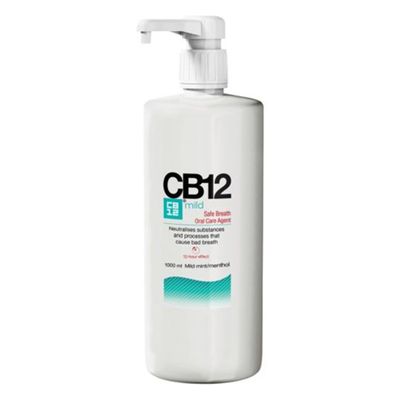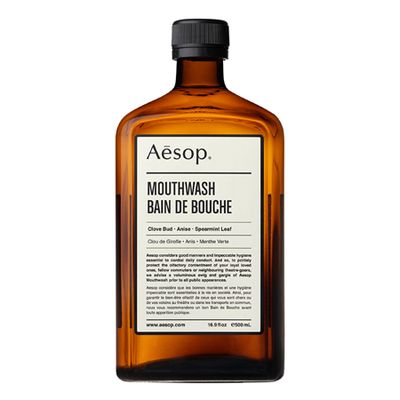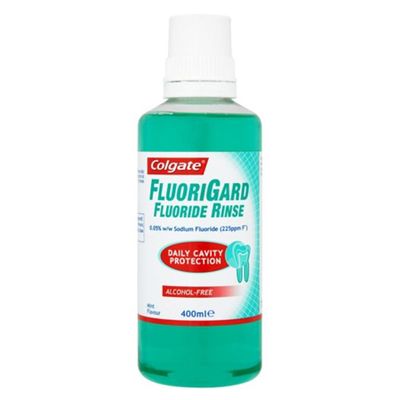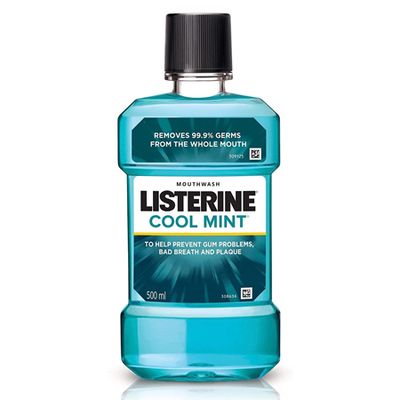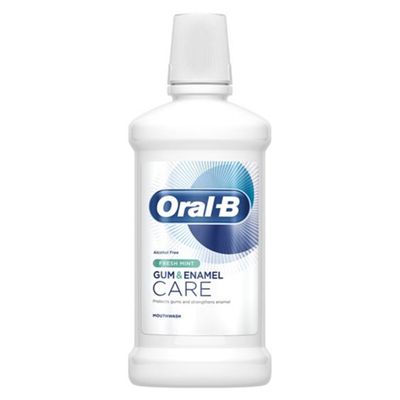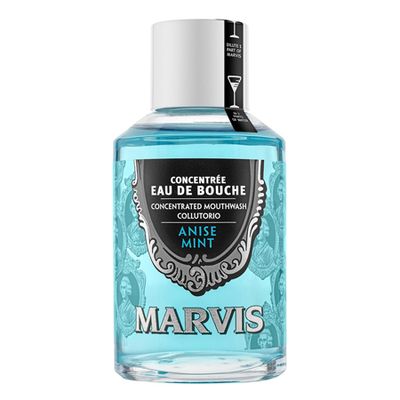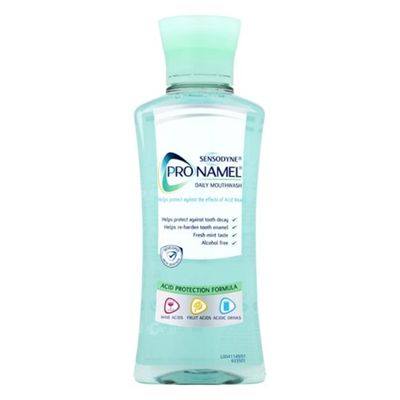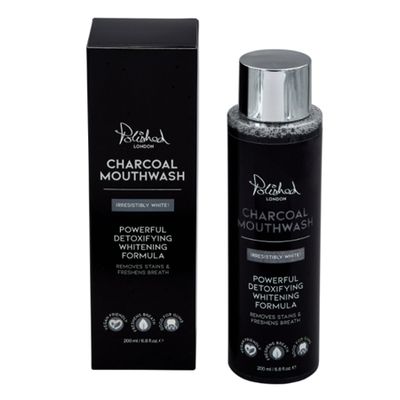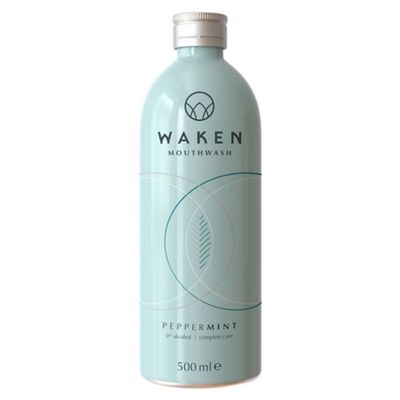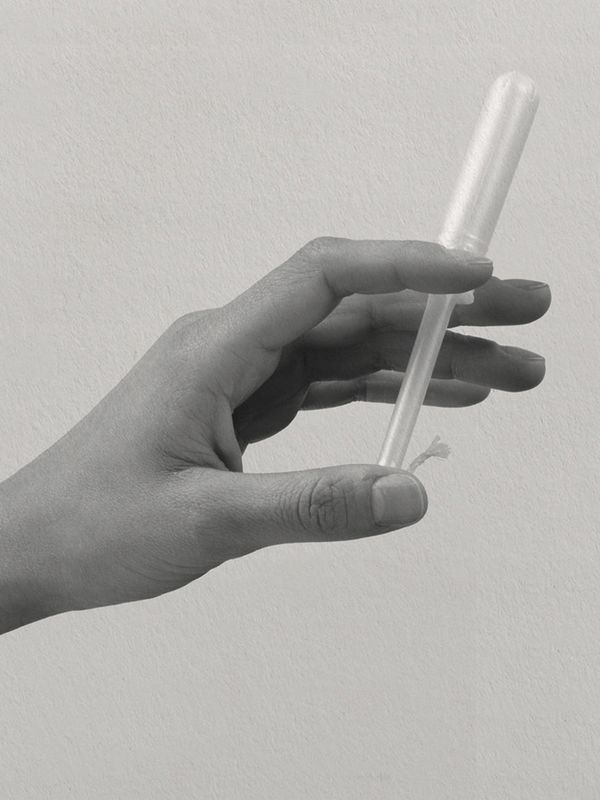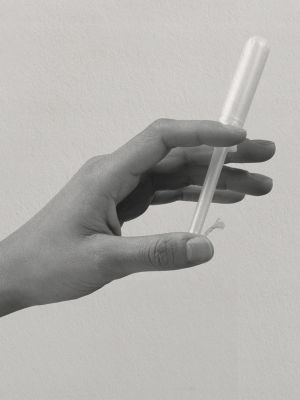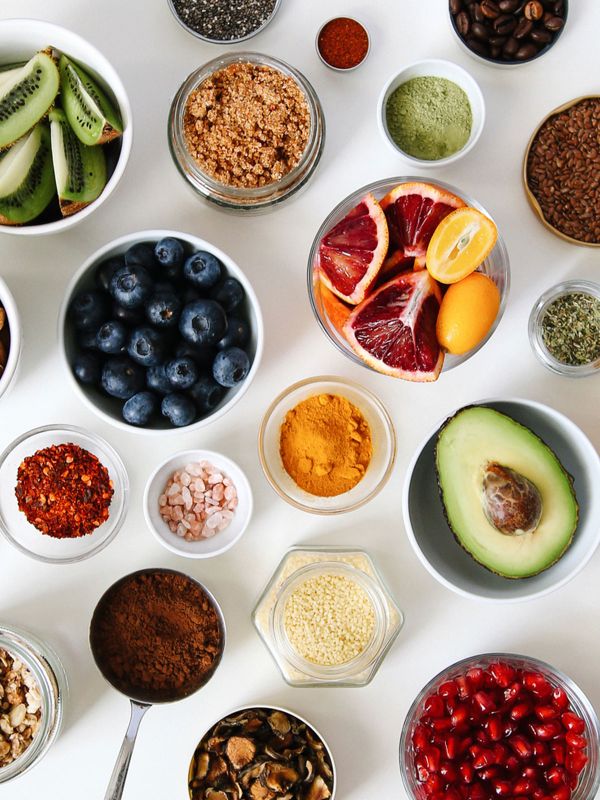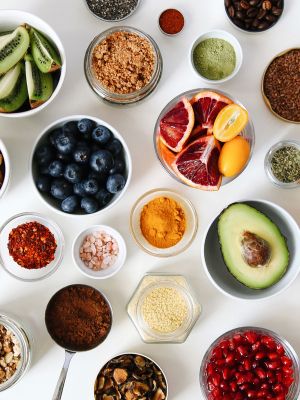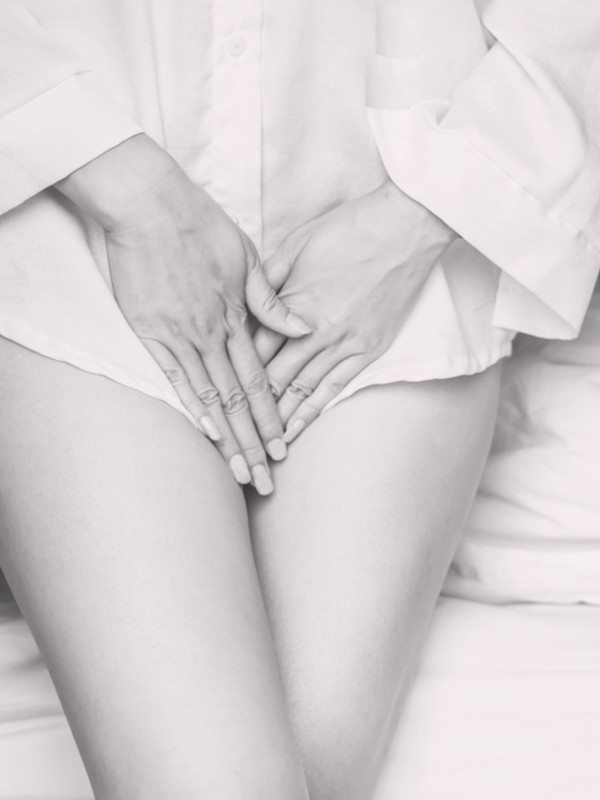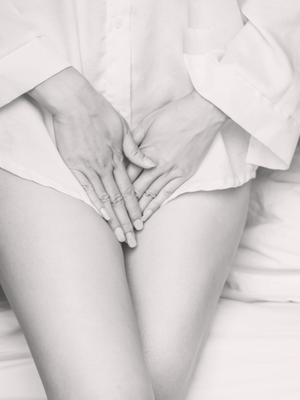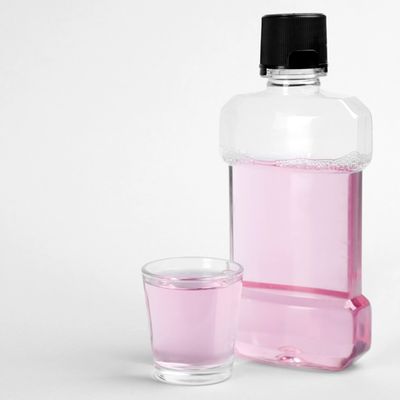
Mouthwash: How It Works & Why It’s Essential
It’s Actually Very Useful
A lot of people over rely on mouthwash, but it’s key to remember what its primary uses are. It reduces the bacteria in your mouth, which in turn, reduces the amount of dental plaque. If you brush your teeth well – twice a day – and floss daily, mouthwash isn’t always a necessity, but it can help with bad breath and if you struggle with a build-up of plaque. It’s also ideal for anyone that’s prone to cavities.
You Should Skip Alcohol-Based Washes
While alcohol-based mouthwash may kill germs in the short-term, the high alcohol content reduces the amount of saliva in your mouth, which can ultimately make bad breath worse. Saliva is needed to protect teeth against harmful bacteria, so it’s key not to let your mouth dry out with these types of formulas. Instead, opt for one that’s high in fluoride to strengthen tooth enamel, and avoid those that contain harsh or abrasive chemicals.
Over-Rinsing Isn’t A Good Idea
After you brush your teeth, don’t reach for the mouthwash straight away. This is something a lot of people do, but it’s counterproductive and washes away all the strong medicine in your toothpaste, which is designed to protect against dental cavities and preserve gum health. Instead, wait for at least 15 minutes after brushing – and always swish for roughly 30-60 seconds. Likewise, after you’ve used mouthwash, avoid eating, drinking or even smoking for at least 30 minutes to avoid washing away the benefits of the fluoride in your toothpaste.
There Are Some Common Myths
It’s a common misconception that mouthwash can cure chronic bad breath. This is incorrect – there’s always an underlying cause. A good swish can certainly freshen things up, but it can’t cure the problem. Secondly, mouthwash can’t replace a good oral regime. Research shows that adding a mouthwash to your routine can improve the overall cleanliness of your mouth and protect against gum inflammation. But mouthwash is an add-on, never a replacement. Finally, mouthwash isn’t just for your mouth. It can also be used to soak your Invisalign retainers, dentures and children’s braces, too.
Shop Our Pick Of The Best Mouthwashes Below…
Visit DrKrystyna.com
DISCLAIMER: We endeavour to always credit the correct original source of every image we use. If you think a credit may be incorrect, please contact us at info@sheerluxe.com.
